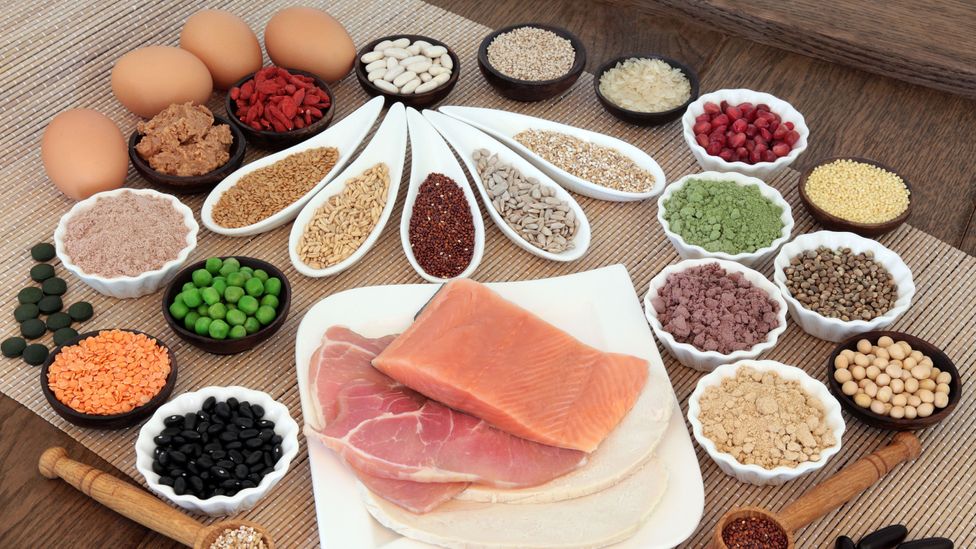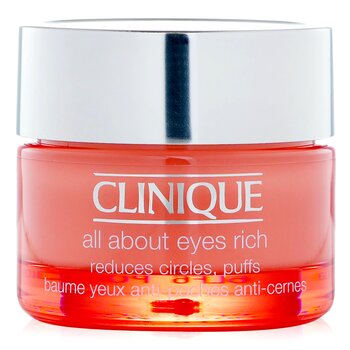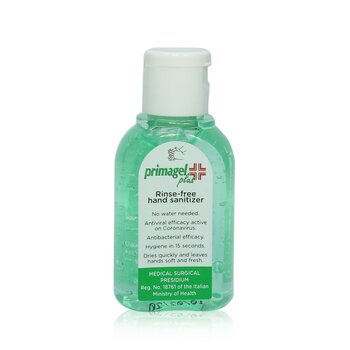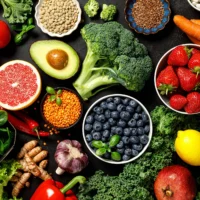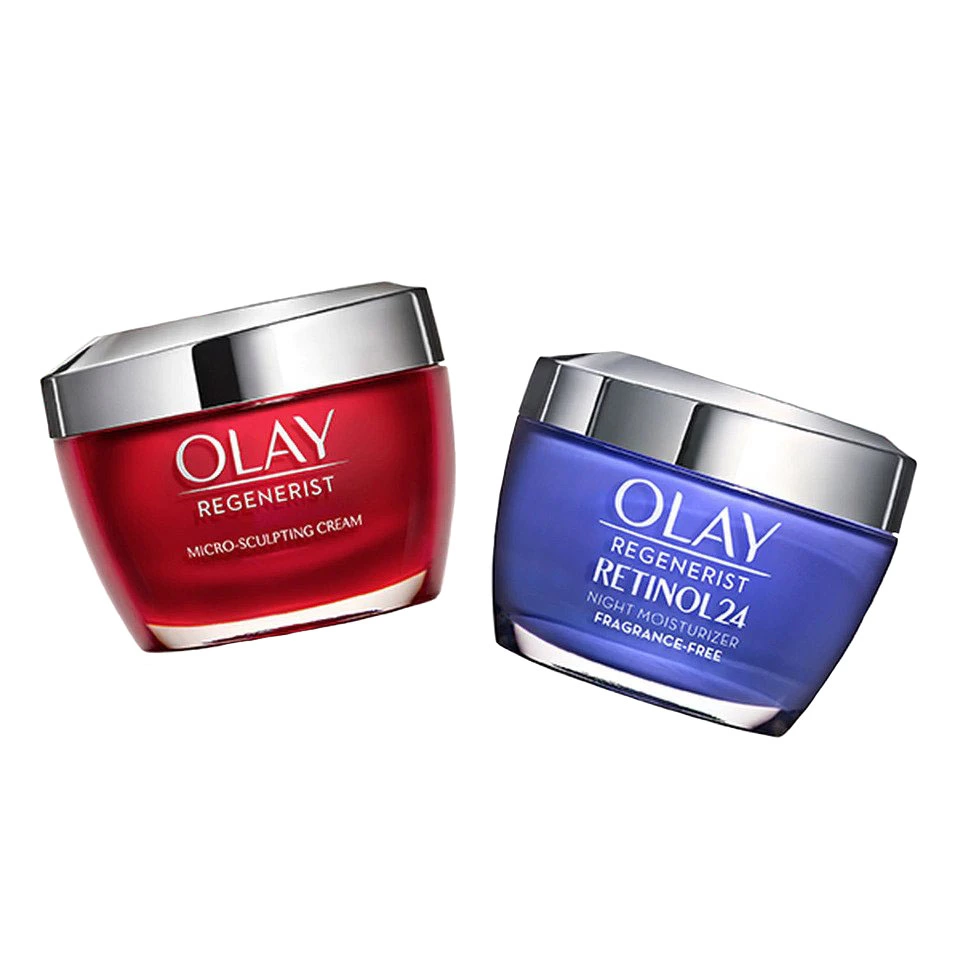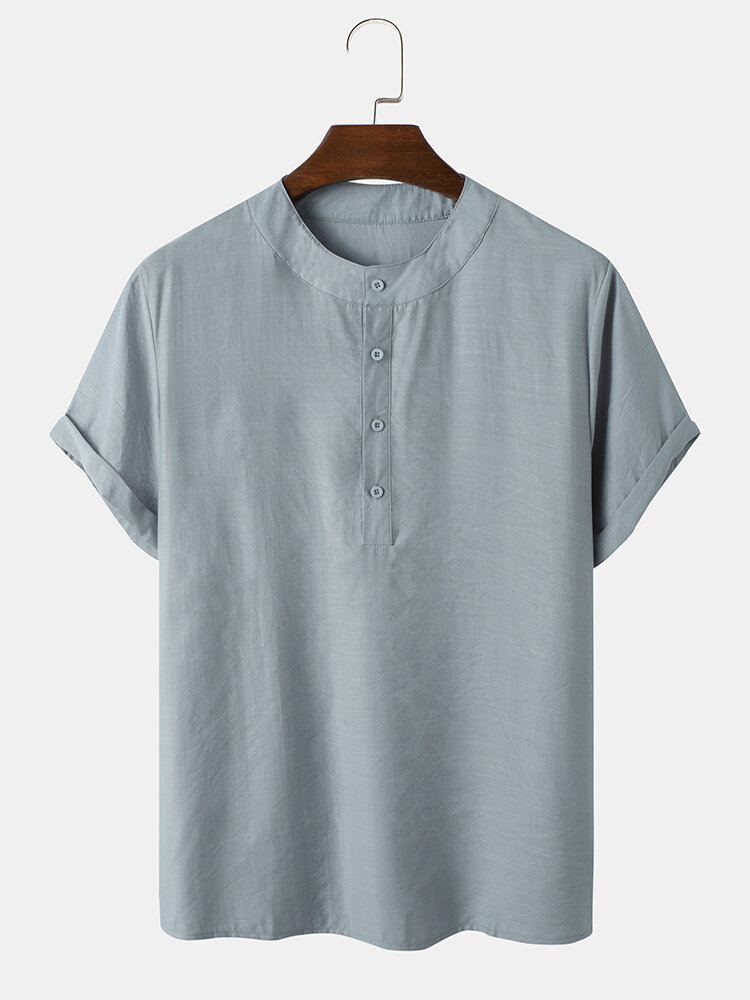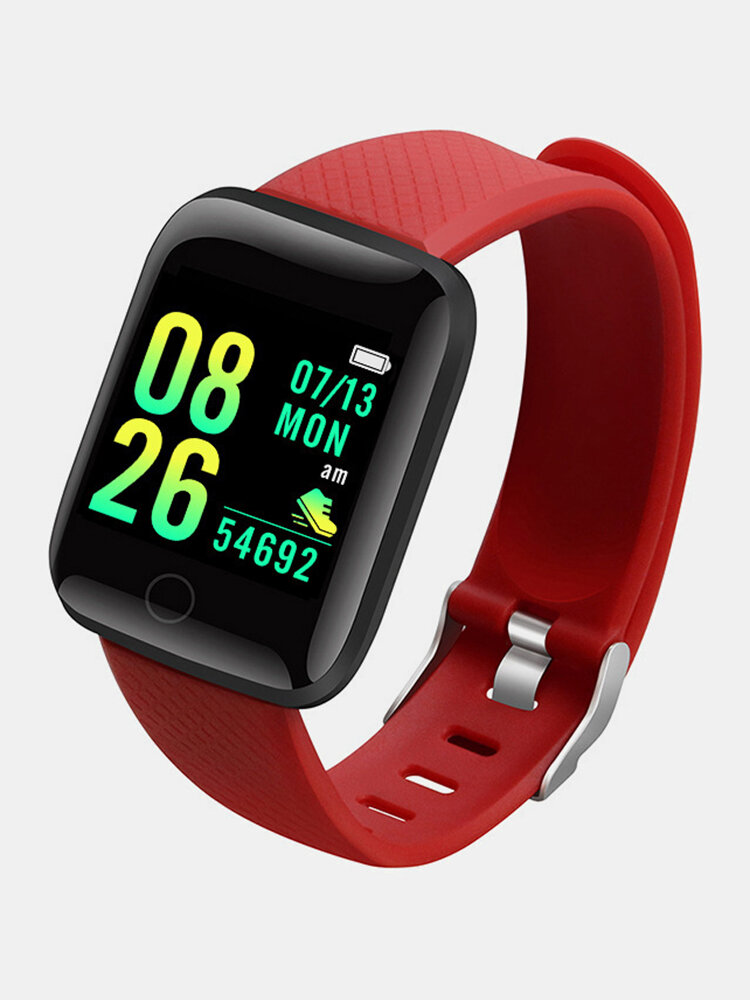Archive for November, 2022
HDL or ‘good’ cholesterol might not make a difference to heart health, medical study suggests

HDL or ‘good’ cholesterol might not make a difference to heart health, medical study suggests
High HDL cholesterol may not always mean a lower chance of heart attack and stroke: Study
High-density lipoprotein (HDL), once referred to by medical experts as “good cholesterol,” is being re-examined after a new study questioned the benefits of this type of cholesterol across racial lines.
Researchers at the Knight Cardiovascular Institute at Oregon Health & Science University analyzed 23,901 medical profiles from the Reasons for Geographic and Racial Differences in Stroke Study (REGARDS) and compared risk factors for cardiovascular events occurring in middle-aged black and white patients.
The study was funded by the National Institutes of Health (NIH), a medical research agency under the US Department of Health and Human Services, and was published in the Journal of the American College of Cardiology on Monday, November 21.
5 SIMPLE AND HEALTHY DIET CHANGES TO CONTROL YOUR CHOLESTEROL
Of the thousands of REGARDS participants analyzed, the researchers narrowed their findings to patients who enrolled in the study between 2003 and 2007, and then followed the patients’ medical records for 10 to 11 years.
Black and white study participants reportedly had similar cholesterol levels and underlying heart disease risk factors, including diabetes, high blood pressure and smoking.
Over the decade, researchers found that 664 black patients and 951 white patients had a heart attack or heart attack-related death.
“It has been well accepted that low levels of HDL cholesterol are harmful, regardless of race. Our research tested these assumptions,” wrote lead study author Nathalie Pamir, according to the NIH.
“The goal was to understand this long-established link that identifies HDL as beneficial cholesterol, and if it applies across all ethnic groups,” added Pamir, who is an associate professor of medicine at Oregon Health & Science University, Portland.
ADDITIONAL EXERCISE POTENTIALLY ASSOCIATED WITH LONGER LIFE AND LOWER DEATH: STUDY
High-density lipoprotein has reportedly been rated favorably because it has been shown to absorb cholesterol from the blood and transport it back to the liver, according to the Centers for Disease Control and Prevention (CDC) in the US.
The liver is said to flush cholesterol out of the body, which can reduce the risk of heart disease and stroke if one has high levels of HDL cholesterol.
According to the CDC, low-density lipoprotein (LDL), also known as “bad cholesterol,” makes up most of the body’s cholesterol.
A high level of LDL cholesterol is associated with an increased risk of heart disease and stroke.
“When your body has too much LDL cholesterol, LDL cholesterol can build up on the walls of your blood vessels,” the CDC wrote in an online explanation of cholesterol. “This buildup is called ‘plaque.’
PREDIABETIC YOUNG ADULTS MAY BE AT HIGHER RISK OF HEART ATTACK: REPORT
An analysis of REGARDS data in the new study confirmed that high levels of LDL cholesterol and triglycerides (neutral fats) led to a “modestly increased risk of cardiovascular disease,” according to the NIH.
Low levels of HDL cholesterol were found to increase the risk of cardiovascular disease in white patients, but the same was not true for black patients, according to the study.
The study also found that high levels of HDL cholesterol are not always associated with a lower likelihood of cardiovascular events — regardless of race.
The study authors concluded that cardiovascular disease risk calculators that use HDL cholesterol values could return an inaccurate prediction in black patients.
Best Sellers Power Couple | Retinol & Vitamin B3
Best Sellers Power Couple | Retinol & Vitamin B3
Best Sellers Power Couple | Retinol & Vitamin B3 | OLAY
Men Solid Color Half Button Soft All Matched Skin Friendly Shirts
Men Solid Color Half Button Soft All Matched Skin Friendly Shirts
Men Solid Color Half Button Soft All Matched Skin Friendly Shirts
5 Colors D13 Men Women Blood Pressure Waterproof Smartwatch Heart Rate Monitor Fitness Tracker Watch For Android IOS
5 Colors D13 Men Women Blood Pressure Waterproof Smartwatch Heart Rate Monitor Fitness Tracker Watch For Android IOS
The Best Foods for Lung Health

Add these foods to your diet to keep your lungs healthy and strong.
When it comes to lung health, you’ve probably heard the usual advice: avoid (or quit) smoking, stay away from highly polluted areas, and exercise regularly. However, you may not realize that eating the right foods is also an excellent way to support healthy lung function.
Like the rest of your body, your lungs benefit from a balanced diet full of essential nutrients, vitamins, and minerals. However, there are also some particularly effective foods that can help protect your lung health and reduce the risk or symptoms of lung diseases such as asthma and chronic obstructive pulmonary disease.
Below are the top seven foods for lung health, including key nutrients you should include in your diet if you want to boost lung function and prevent disease.
How does diet affect lung health?
One way diet affects lung health is through inflammation. Certain foods—like refined carbohydrates, soda, and red meat—cause inflammation in the body, which is linked to the development of many health conditions, including COPD and other lung diseases. By eating an anti-inflammatory diet rich in fruits, vegetables, fiber, and healthy fats, you can reduce inflammation and maintain healthy organs.
Take a quick quiz about what you’re looking for in a food delivery service and we’ll share our top picks. We may receive a commission when you make a purchase through our links.
Some specific foods have also been linked to healthier lungs in research. For example, fruits like apples and tomatoes contain high levels of antioxidants, which according to one study may help with lung function. Similarly, eating foods rich in fiber (such as lentils and beans) is also associated with better lung health.
In addition to eating nutritiously, there are several other ways to protect your lungs from disease and toxins, including:
Not smoking or vaping (or quitting if you currently use nicotine)
Avoid exposure to polluted air or secondhand smoke
Stay physically active
Adherence to health and hygiene recommendations, including hand washing and keeping up to date with dental care and vaccinations
7 Foods That Benefit Your Lungs
Generally speaking, eating a well-balanced and nutritious diet is an excellent way to take care of your lungs. Here are seven lung-healthy foods you can incorporate into your diet today.
apples
Apples – especially the skin of apples – contain an antioxidant called quercetin, which has been shown to reduce inflammation in the lungs and help people living with lung diseases such as COPD. In addition, eating apples and other fruits (including bananas and tomatoes) has been found to help prevent lung function decline, especially in people who used to smoke.
Peppers
Red peppers and chili peppers have high concentrations of vitamin C, another key antioxidant that promotes better lung health and reduces inflammation. Getting the recommended daily amount of vitamin C is important for everyone, but it’s especially important if you smoke because smokers have lower levels of vitamin C than non-smokers.
Beet
Beets, a brightly colored root vegetable, are packed with dietary nitrates. When consumed, your body converts these nitrates into nitric oxide, which helps relax blood vessels, increases oxygen flow, and lowers blood pressure—all of which help improve lung function. Beets also contain antioxidants and anti-inflammatory properties.
Leafy vegetables
Green leafy vegetables like Swiss chard, kale, and spinach contain a variety of antioxidants (including vitamin C and carotenoids) that help fight inflammation. Even better? Eating enough carotenoids – which are also present in tomatoes, peppers, and many fruits – is associated with a lower risk of lung cancer.
Legumes
Legumes such as beans, peas, and lentils are high in fiber, which in one study was found to improve lung function. Another study found that fiber consumption had a “protective effect” on the lungs of both smokers and non-smokers, helping to reduce the prevalence of COPD.
Tomatoes
Tomatoes and tomato-based products (including tomato juice) are fantastic sources of vitamin C and lycopene, another type of carotenoid antioxidant that reduces inflammation in the airways. Lycopene may also offer a reduced risk of death in people with COPD.
Berry
Deeply colored berries such as blueberries, strawberries, and blackberries are rich in anthocyanins, antioxidants from the flavonoid group. Anthocyanins have numerous benefits, including reducing mucus and inflammation in the lungs, as well as the potential to slow age-related decline in lung function.
Conclusion
Keeping your lungs in good shape is vital to your overall health. By eating a diet that’s rich in antioxidants, fiber, and other lung-strengthening nutrients mentioned above, you’ll have a better chance of preventing lung disease and illness—at least from a nutritional standpoint.
In addition to eating right, you can keep your lungs as healthy as possible by exercising your body regularly. If you have a chronic illness, tracking your key health indicators (in addition to seeing your doctor) is a great way to stay on top of your lung health and overall well-being.
Could Eating More Protein Reduce Obesity Risk? New Study Suggests It Can

Could Eating More Protein Reduce Obesity Risk? New Study Suggests It Can
Could eating more protein reduce the risk of obesity? A new study suggests it can
If you find yourself eating less-than-ideal snacks or packing in calories later in the day, you may just not be craving more food. According to a new study, your body may actually need protein.
The study, which was published in the journal Obesity, included an analysis of data from the National Nutrition and Physical Activity Survey, which ran from May 2011 to June 2012. Taking into account the dietary and physical habits of 9,341 adults with an average age of 46.3 years, researchers from the University of Sydney found that participants’ dietary energy intake generally consisted of 30.9% fat, 43.5% carbohydrate, 18.4% protein, 4.3% alcohol and 2.2% fiber.

Those behind the study also found that participants who didn’t eat as much protein during breakfast (or their first meal of the day) ate more during the rest of the day than participants who ate more protein earlier. High-protein breakfast eaters also ended up eating less as the day went on.
The researchers also found that participants who didn’t eat enough protein at the start of the day not only ended up eating more calories throughout the day, but also ate more foods high in fat, sugar, and salt; consumed more alcohol; and ate less healthy foods such as grains, vegetables, legumes, fruits, dairy products, and meat.
The researchers found that one of the reasons why the study participants did not consume enough protein was likely to be a high intake of processed foods. This high intake of low-quality processed foods crowds out protein foods that promote satiety, limit overconsumption of calorie-poor, nutrient-poor foods, and reduce the risk of obesity.
“It’s becoming increasingly clear that our bodies eat to satisfy a protein target,” Professor David Raubenheimer, head of the Leonard Ullmann Chair in Nutritional Ecology in the School of Life and Environmental Sciences and one of the study’s authors, said in a statement to EurekAlert! “But the problem is that the food in the Western diet has less and less protein. So you have to eat more of it to reach your protein goal, which effectively increases your daily energy intake.”
Lead author Dr. Amanda Grech, a postdoctoral fellow at the University of Sydney’s Charles Perkins Center and the University’s School of Life and Environmental Sciences, also noted: “As people eat more junk food or highly processed and refined foods, they dilute their protein diets and increase their risk of overweight and obesity, which, as we know, increases the risk of chronic disease.”
When you eat this, not that! I spoke with Kylene Bogden, RD, co-founder of FWDfuel, Pureboost ambassador, and Cleveland Cavalier’s nutritionist, she told us she wasn’t surprised by the results.
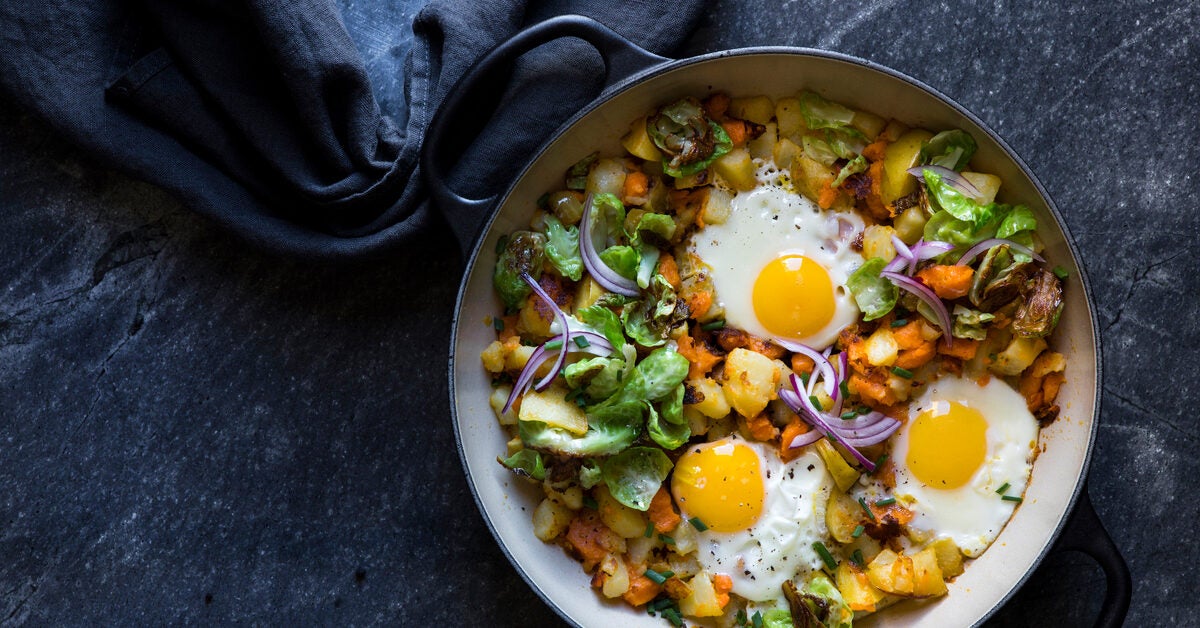
“These findings are incredibly accurate,” says Bogden. “Many of us consume processed foods multiple times a day, day in and day out, which leads to chronic inflammation and nutrient deficiencies. When our bodies are chronically inflamed and deficient, we can experience fatigue, intense sugar cravings, and lethargy.” lose weight.”
As for how high-protein, high-fat, and high-carb foods affect your body differently, as well as why the latter two can potentially lead to obesity, Bogden notes that “just breaking down protein burns the most calories, fat is in second place. and carbohydrates come in third.” He says that “part of this slower digestion process is that adequate protein intake is essential for optimal blood sugar control, and stable blood sugar makes weight loss a smoother process.”
